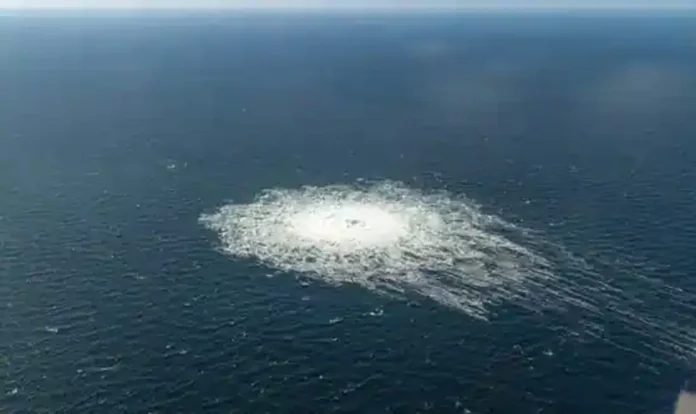In a recent development, Russia has called for a new meeting of the United Nations Security Council on July 11 to address the explosions that occurred last September on the Nord Stream gas pipelines. The blasts inflicted significant damage on the pipelines, which connect Russia and Germany beneath the Baltic Sea. Russia’s deputy U.N. ambassador, Dmitry Polyansky, announced the request for an open meeting on the Nord Stream blasts via the Telegram messaging platform. Moreover, Polyansky stated that Russia intends to invite impartial speakers of interest to participate in the meeting. This move comes after Russia’s previous attempts to gain access to the investigations conducted by Sweden and other countries into the explosions proved unsuccessful.
Russia had persistently demanded access to these investigations, but its requests were denied. In March, Russia also failed to secure support from the UN Security Council for an independent inquiry into the matter. Moscow has consistently claimed that the blasts were orchestrated by Western powers, while these governments, including Ukraine, have categorically denied any involvement. The explosions took place in the exclusive economic zones of Sweden and Denmark, prompting both countries to launch separate investigations into the incidents. Germany, as another key player in the Nord Stream project, has also been informed about these ongoing investigations.
The Nord Stream pipeline has been a topic of contention between Russia and Western nations, with critics expressing concerns about Europe’s energy dependence on Russia and the potential for geopolitical leverage. The blasts further heightened tensions surrounding the project. Russia’s decision to bring the issue before the UN Security Council indicates its determination to gain international attention and support for its stance. By convening this meeting, Russia aims to highlight its grievances regarding the explosions and possibly secure a more extensive investigation that involves the United Nations.
The invitation of impartial speakers suggests Russia’s desire to present its case to a wider audience and counter the prevailing narrative of Western denial. Whether the Security Council will heed Russia’s call and take substantive action remains to be seen. The Nord Stream pipeline explosions have had significant consequences, both politically and economically. As the situation unfolds, it is crucial to closely monitor how international actors respond to Russia’s latest move and whether any progress is made towards resolving the dispute and ascertaining the truth behind the blasts.


